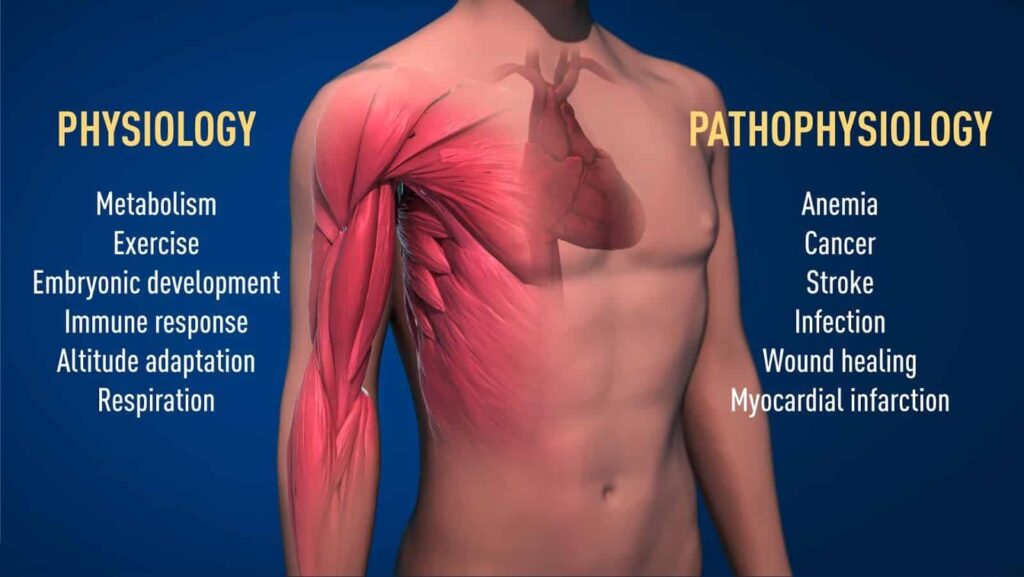By, Wellbeing Specialist
We take our breathing for granted.
Oxygen is important to every cell in your body.
Did you know that Oxygen, through a process called oxidation, chemically changes our food and liquid into energy. This works when the mitochondria in our cells uses the oxygen we breathe in, to convert our food intake to ATP or energy. Twice Nobel prize winner Dr Otto Wahlburg discovered this enzymatic process, which has revolutionised our understanding about the importance of Oxygen.
This “oxygen fire”, energy conversion, contracts our muscles, repairs our cells, feeds our brains, and even calms our nervous system. Not only that, but breathing is our body’s key cleansing tool.
Every day, over two hundred billion cells in our bodies wear out and must be replaced. Without oxygen, our bodies cannot build these new cells. Out with the old to make space for the new.
The regulation of oxygen is very important for the formation of new blood vessel, in the development of the placenta, in the metabolic activity of the cell (regulated by the mitochondria) and for many other physiological functions of our immune system.
An incorrect regulation of oxygen in the cells is found in many pathological conditions: patients with kidney failure have anemia problems (ie they have few red blood cells that carry oxygen); tumors grow by using the oxygen they find in the cellular environment; in regenerative processes the cells release factors that allow to draw more oxygen; and again in heart attack and infections.
Nobel Prize winners for 2019 William G. Kaelin Jr., Sir Peter J. Ratcliffe and Gregg L. Semenza have found that our cells can sense and adapt to how much oxygen is available in our body. Depending on the oxygen level, our molecular machine can regulate the activity of our genes. This was nominated as one of life’s most essential adaptive processes. It has established our basic understanding of how oxygen levels affect cellular metabolism and physiological function.
Their discovery has opened the way to new strategies for the treatment of many diseases, such as fighting anemia, cancer and many more. It is destined to end up in all the medical textbooks that will be studied by future generations.

The awarded mechanism for oxygen sensing has fundamental importance in physiology, for example for our metabolism, immune response and ability to adapt to exercise. Many pathological processes are also affected. Intensive efforts are ongoing to develop new drugs that can either inhibit or activate the oxygen-regulated machinery for treatment of anemia, cancer and other diseases.
For solutions on getting more oxygen, Check out my next blog about HyperBaric Mild Oxygen Therapy for oxygen boosting!
For more information about oxygen: https://globalhealthclinics.co.nz/hyperbaric-oxygen-therapy-hbot-and-brain-health-a-promising-support-for-neurological-conditions/
Wellbeing Specialist
Global Health Clinics, 409 Lake Rd, Takapuna, Auckland 0622
www.globalhealthclinics.co.nz

